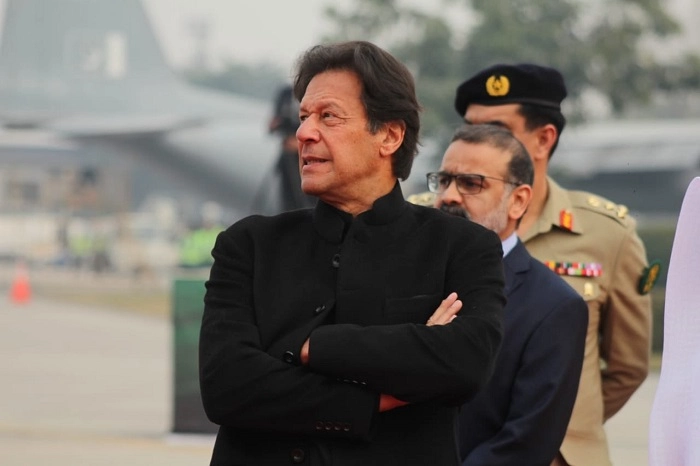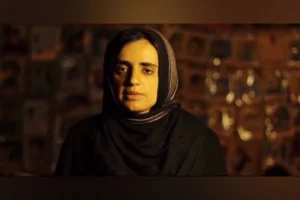Three days after the twin attacks on two army bases, Pakistani prime Minister Imran Khan and the Army Chief General Qamar Javed Bajwa rushed to Balochistan on Tuesday to boost the morale of security personnel and to brainstorm a suitable response.
“Chief of Army Staff (COAS) will be given a detailed update on the security situation in the area and operational preparedness of the formation to counter terrorist activities,” Pakistani Army’s media wing the Inter-Services Public Relations (ISPR) said in a statement. It added that the Army Chief will also “meet troops who participated in repulsing a terrorist attack on Feb 2,”
While General Bajwa reached Nushki army base, Khan, his Interior Minister Sheikh Rashid and the Foreign Minister Mahmood Qureshi reached the provincial Quetta to meet the state officials before heading towards Nushki and Panjgur army bases which has been destroyed by the pro-Independence rebels of Balochistan Liberation Army (BLA).
According to Pakistani watchers, the attacks pose an unprecedented challenge to state forces in restive Balochistan – the most militarised zone of Pakistan. They described the assaults as an “unacceptable breach of security”.
Also Read : Is the anti-Pakistan militant group, TTP, forging an alliance with armed rebels in Balochistan?
While the Pakistani generals and the Imran Khan government have been congratulating Pakistani forces for re-capturing their bases, there is complete silence about the actual number of casualties suffered by the forces.
“The attacks were very well coordinated and they are linked with Chinese interests in Pakistan. It was a direct threat to China that their CPEC projects will never be safe,” one official told AFP.
Earlier Pakistani Interior Minister Sheikh Rashid had blamed the Taliban rulers of Afghanistan for sheltering anti-Pakistan militants in Afghanistan.
“Baloch militants are not capable of launching major attacks in Nushki and Panjgur. TTP (Tehreek-e-Taliban Pakistan) has the capability, experience and latest NATO weapons to launch such attacks. There's some understanding between the TTP and Baloch militants. They have their hideouts in Afghanistan,” Rashid told the media.
Following the daring Baloch strikes, Imran Khan is a worried man. He came back from China Sunday night after being briefed by Chinese leadership on their expectations on securing the China Pakistan Economic Corridor (CPEC), a larger portion of which passes through Balochistan. hip.
While the Chinese President Xi Jinping promised to carry forward work with Pakistan under the $60-billion CPEC investment programme, he also underlined China’s security concerns about its investments under CPEC and nationals who are working there in Pakistan.
The CPEC project has been in limbo since last year owing to attacks on Chinese nationals. China had repeatedly expressed its displeasure with Pakistan over lax security. An attack on Chinese engineers near the Dasu hydropower plant at Khyber Pakhtunkhwa in July 2021 killed nine Chinese after which China stopped work on the project. China had repeatedly expressed its displeasure with Pakistan over lax security.
After the audacious attacks, the BLA rebels have warned China from supporting its iron brother. In a statement the BLA told China to restrain Pakistan from looting Baloch resources.



















